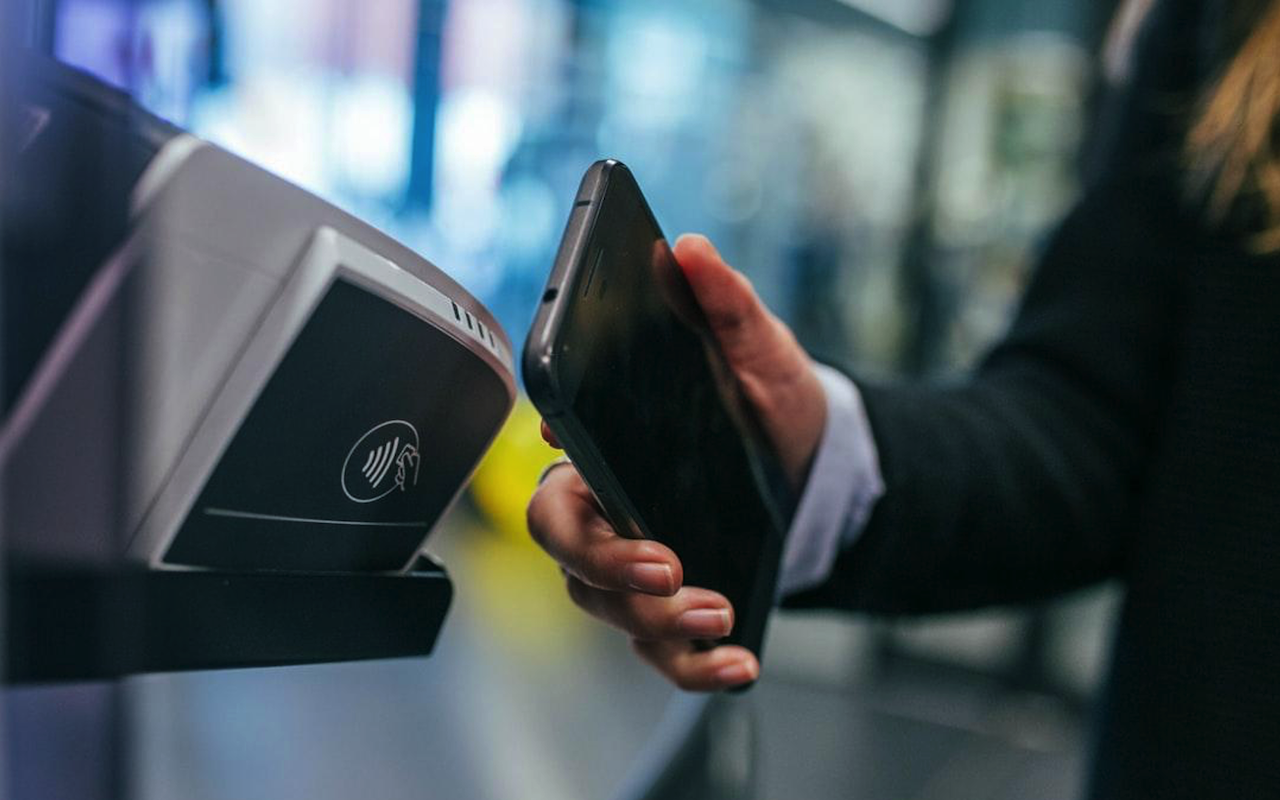
Cyber threats are more sophisticated than ever, and businesses of all sizes are at risk. From phishing scams to ransomware attacks, even a small mistake can lead to major security breaches. The problem? Many employees see cybersecurity as an IT department issue rather than a shared responsibility.
Key Takeaways
- Employees are often the weakest link in cybersecurity, so daily security habits are essential.
- Strong passwords, multi-factor authentication, and password managers can prevent unauthorized access.
- Ongoing security awareness training, phishing simulations, and safe browsing practices reduce cyber threats.
- A clear incident reporting process helps businesses respond to threats quickly and minimize damage.
The key to strong security isn’t just investing in high-tech solutions—it’s creating a workplace culture where cybersecurity is part of daily routines. The good news is that small, consistent actions can make a big difference. In this guide, we’ll explore simple but effective ways to build better security habits in your workplace.
1. Start with Strong Password Practices
Passwords are the first line of defense against cyber threats, yet weak and reused passwords are one of the most common security risks. Many employees still rely on simple, easy-to-guess passwords, leaving company data vulnerable.
Here’s how to improve password security in your workplace:
- Encourage unique, complex passwords – Passwords should be at least 12 characters long and include a mix of letters, numbers, and symbols.
- Use a password manager – These tools generate and store secure passwords, so employees don’t have to remember them all.
- Implement multi-factor authentication (MFA) – Adding an extra layer of security (such as a text confirmation or biometric scan) can prevent unauthorized access.
- Avoid common password mistakes – Writing passwords on sticky notes, using the same password across multiple accounts, and sharing credentials should all be discouraged.
By making password hygiene a regular practice, businesses can significantly reduce their risk of cyberattacks.
2. Make Cybersecurity Awareness a Routine
One-time security training sessions aren’t enough—employees need continuous reminders and updates to stay vigilant. Cyber threats evolve, and without regular reinforcement, even the best training can be forgotten.
Here are some ways to keep cybersecurity awareness active in your workplace:
- Send short, engaging security tips – A quick email or message about recognizing phishing attempts or handling sensitive data can keep cybersecurity top of mind.
- Incorporate security into team meetings – A two-minute discussion about recent threats or best practices can help employees stay aware.
- Use interactive training methods – Quizzes, phishing simulations, and real-world examples can make security training more effective.
A structured security awareness program can make all the difference. Cyooda Security can help improve your firm's security culture by providing tailored training that keeps employees informed and engaged.
3. Encourage Safe Email and Internet Practices
Most cyberattacks start with an innocent-looking email or a careless click. Employees need to develop safe browsing habits to prevent malware infections and data breaches.
Here’s how to reinforce good email and internet practices:
- Train employees to recognize phishing attempts – Suspicious emails often contain urgent requests, misspellings, or unfamiliar sender addresses. If in doubt, don’t click.
- Encourage verification – Employees should confirm requests for sensitive information through a separate communication channel before acting.
- Limit personal internet use on work devices – Accessing unsecured websites or downloading unknown files can expose the company to threats.
- Use secure connections – Employees working remotely should connect via company-approved VPNs to protect data transmission.
A few mindful habits can prevent costly security incidents and keep sensitive data safe.
4. Limit Access to Sensitive Information
Not everyone in a company needs access to all files and systems. The more people with access to sensitive data, the higher the risk of leaks—whether intentional or accidental.
To strengthen security, businesses should:
- Follow the principle of least privilege – Employees should only have access to the information necessary for their roles.
- Conduct regular access audits – Review who has access to what, and remove unnecessary permissions.
- Restrict personal device use – Employees using personal phones or laptops for work should follow security policies to prevent unauthorized access.
By controlling access, businesses can minimize internal security risks and better protect critical data.
5. Implement a Quick Incident Reporting System
Even with the best preventive measures, security incidents can still happen. The faster an issue is reported, the better the chances of preventing serious damage.
Make sure employees know how and where to report suspicious activity by:
- Creating a clear reporting process – Provide a simple, easy-to-follow method for employees to report cybersecurity concerns.
- Encouraging a no-blame culture – Employees should feel comfortable reporting mistakes or potential threats without fear of punishment.
- Conducting regular drills – Simulating cyber incidents can help employees react quickly and effectively in real situations.
A proactive reporting system ensures small issues don’t turn into major security breaches.
Conclusion
Cybersecurity isn’t just about IT teams and firewalls—it’s about building strong habits across the entire organization. By encouraging password security, regular awareness training, safe internet practices, limited data access, and quick reporting, businesses can create a security-conscious workplace.
The key is consistency. Small, everyday actions lead to a stronger security culture and a more resilient business. Start making cybersecurity a daily habit today and empower your team to be the first line of defense against cyber threats.
Share this post
Leave a comment
All comments are moderated. Spammy and bot submitted comments are deleted. Please submit the comments that are helpful to others, and we'll approve your comments. A comment that includes outbound link will only be approved if the content is relevant to the topic, and has some value to our readers.

Comments (0)
No comment